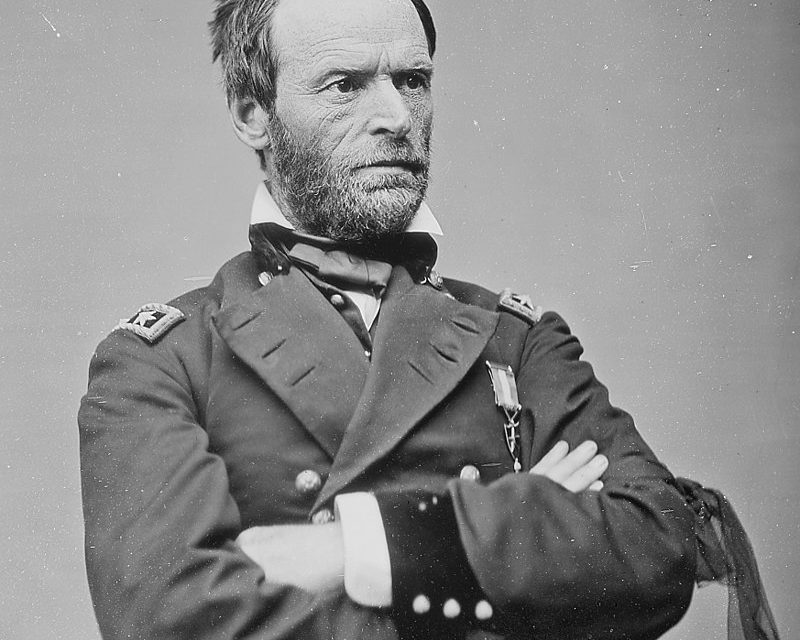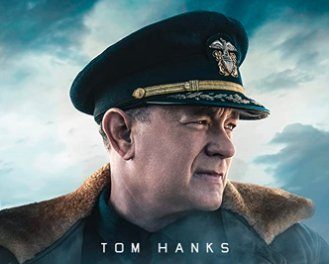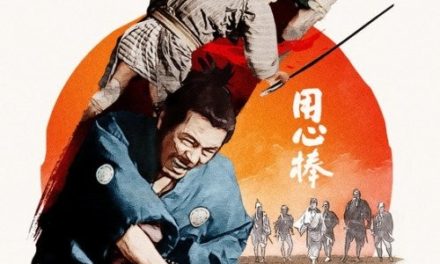(Image by Matthew Brady, part of the National Archives and in the public domain.)
Otterites! What’s doing?
November 15, 1864, Major General William T. Sherman leads his troops out of the captured city of Atlanta, GA with the objective of marching and capturing the port city of Savanah, GA. Along the way, the objective would be to deprive the Confederacy of anything and everything useful Georgia could provide.
Looking back 150 years, and 2 world wars and millions of deaths later, Sherman’s March seems small potatoes now. In 1864 it was devastating and visionary though. A study of the march and its origins for Sherman are instructive.
Sherman had been posted all over south before the war during his service in the peacetime army. He had ridden all over the countryside of Georgia, Florida and South Carolina. He knew this land and knew what it could produce. Food, clothing, medicine, and piles of industrial supplies were all part of the fabric of this area of Georgia.
Sherman also knew the Southern people. Again, postings in places like Charleston, as a young Army officer, put him in the company of the cream of Southern society. He had been friends with the plantation owners who started the war. He was a college administrator and educator in Louisiana when the war broke out. He knew what they were like, what motivated them, and the circles they moved in.
Further, he came to understand that while they started the war, they sent poor farmers to fight and die. Sherman felt they needed the war to be brought to their doorsteps. The civilians backed up the modern industrial army in many ways, not just with what they could produce agriculturally and industrially. As he is famous for saying, “War is the remedy our enemies have chosen. I say let us give them all they want.” The grim reality of what the Confederacy started needed to be brought home to the Deep South.
Sherman burned every grist mill, small factory and workshop in his path, and his men twisted miles of railroad tracks into what became known as “Sherman’s Neckties”. They didn’t just bend the tracks over bonfires of the rail ties, they twisted them laterally in a way that was nearly impossible to repair.
Sherman would become a prophet of modern warfare, knowing that battlefield victories were often purchased by denying the enemy food, ammunition, supplies and the support of the populace. War is hell indeed.
Here’s our episode about WT Sherman for your edification and enlightenment.





